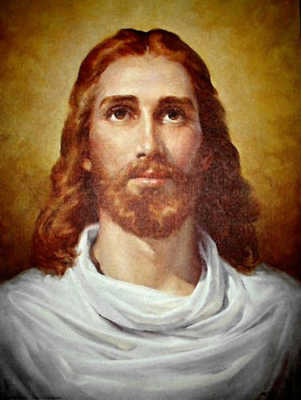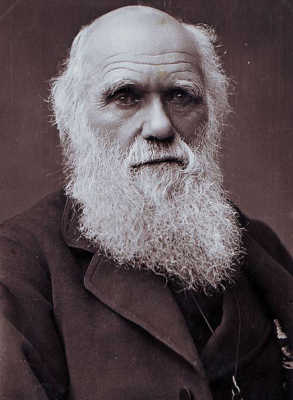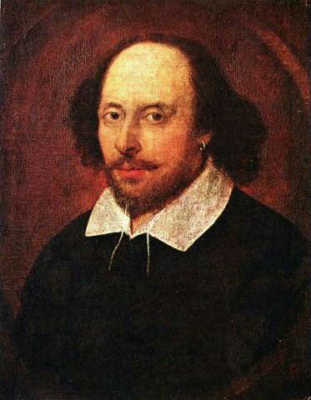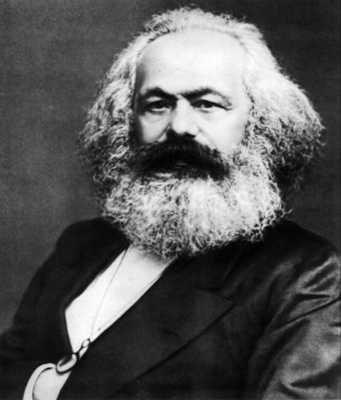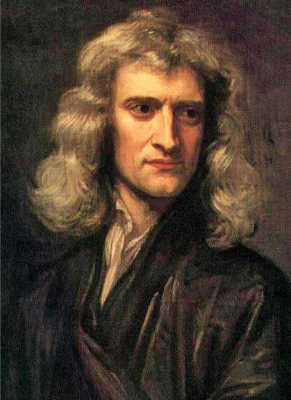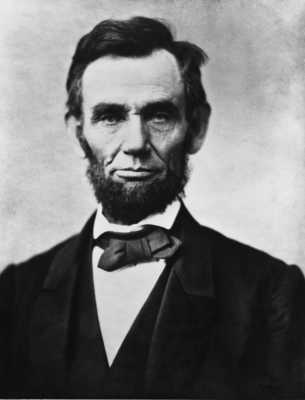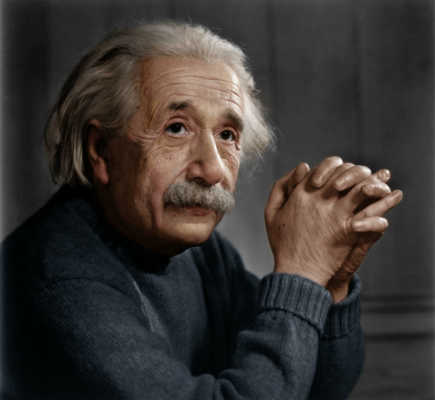Being born and being dead isn’t a remarkable act, but to leave your legacy behind for decades and centuries is a symbol of power and influence. Many people born and die on a daily basis. Do you know all of them? Do you miss them? Do you follow them? If they’re alive in your hearts and your souls, you’ll definitely miss them, follow them. It’s really a change, a noteworthy change. Some people were born decades and centuries ago, but still they’re remembered because they’re the one who changed the world. They’re the people who introduced correct beliefs to people, they are the individuals who invented ease and comfort for others. Either in the form of religion or in the form of science, they always talked about justice and honesty. Their optimistic behaviors have still a strong influence on many. Below are their names who are considered as the top ten people who changed the world
Below is the list of Top 10 People Who Changed the World
Jesus
Jesus (Greek: Iesous), Also referred to as Jesus of Nazareth or Jesus Christ, is the central figure of Christianity, Whom the teachings of most Christian denominations hold to be the Son of God. Christians believe Jesus is the awaited Messiah (or Christ, the Anointed One) of the old testament.
Virtually all modern scholars of antiquity agree that Jesus existed historically, And historians consider the Synoptic Gospels (Matthew, Mark and Luke) to be the best sources for investigating the historical Jesus.
Muhammad
Muhammad (Arabic: c. 570 CE – 8 June 632 CE), the Prophet of Islam, is seen by non-believers as its founder,]but by almost all Muslims as its last prophet sent by God to mankind to restore Islam, which they believe to be theunaltered original monotheistic faith of Adam, Abraham, Moses, Jesus, and other prophets. He united Arabia into a single Muslim polity and ensured that his teachings, practices, and the Quran, which Muslims believe was revealed to him by God, formed the basis of Islamic religious belief.
Gautama Buddha
Gautama Buddha, also known as Siddhārtha Gautama, Shakyamuni,or simply the Buddha, was a sage on whose teachings Buddhism was founded. He is believed to have lived and taught mostly in the eastern part of the Indian subcontinent sometime between the sixth and fourth centuries BCE. The word Buddha means “awakened one” or “the enlightened one”. “Buddha” is also.
Christopher Columbus
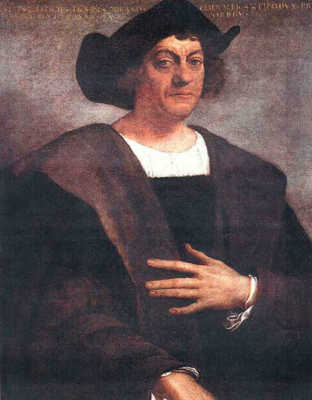
Christopher Columbus (Italian: Cristoforo Colombo; Spanish: Cristóbal Colón; Portuguese: Cristóvão Colombo; born between 31 October 1450 and 30 October 1451, Genoa; died 20 May 1506, Valladolid) was an Italian explorer, navigator, colonizer and citizen of the Republic of Genoa. Under the auspices of the Catholic Monarchs of Spain, he completed four voyages across the Atlantic Ocean. Those voyages, and his efforts to establish permanent settlements on the island of Hispaniola, initiated the Spanish colonization of the New World. In the context of emerging Western.
Charles Darwin
Charles Robert Darwin, ( 12 February 1809 – 19 April 1882) was an English naturalist and geologist, best known for his contributions to evolutionary theory. He established that all species of life have descended over time from common ancestors, and in a joint publication with Alfred Russel Wallace introduced his scientific theory that this branching pattern of evolution resulted from a process that he called natural selection, in which the struggle for existence has a similar effect to the artificial selection involved in selective breeding. Darwin published his theory of evolution with compelling.
William Shakespeare
William Shakespeare ( 26 April 1564 (baptised) – 23 April 1616) was an English poet, playwright, and actor, widely regarded as the greatest writer in the English language and the world’s pre-eminent dramatist.[2] He is often called England’snational poet, and the “Bard of Avon”. His extant works, including collaborations, consist of approximately 38 plays, 154 sonnets, two long narrative poems, and a few other verses, some of uncertain authorship. His plays have been translated into every major living language and are performed more often than those of any other playwright. Shakespeare was born and brought up in.
Karl Marx
Karl Marx (Born 5 May 1818 – 14 March 1883) was a German philosopher, economist, communist, sociologist, journalist and revolutionary socialist. Born in Prussia (now Rhineland-Palatinate), he later became stateless and spent much of his life in London. Marx’s work in economics laid the basis for much of the current understanding of labour and its relation to capital, and subsequent economic thought. He published numerous books during his lifetime, the most notable being The Communist Manifesto (1848) and Das Kapital (1867–1894). Born into a wealthy middle-class family in.
Sir Isaac Newton
Sir Isaac Newton ( 25 December 1642 – 20 March 1726) was an English physicist and mathematician(described in his own day as a “natural philosopher”) who is widely recognised as one of the most influential scientists of all time and as a key figure in the scientific revolution. His book Philosophiæ Naturalis Principia Mathematica (“Mathematical Principles of Natural Philosophy”), first published in 1687, laid the foundations for classical mechanics. Newton made seminal contributions to optics, and he shares credit with Gottfried Leibniz for the development of calculus. Newton’s Principia formulated the laws of motion and.
Abraham Lincoln
Abraham, birthname Abram, is the first of the three biblical patriarchs. His story, told in chapters 11 through 25 of the Book of Genesis, plays a prominent role in Judaism, Christianity, Islam and the Bahá’í Faith. According to Jewish tradition and the Bible’s internal chronology, Abraham was born in the year 1948 from Creation (1813 BCE). To date, there has been little if any archaeological or other scientific evidence to confirm or disconfirm his existence at that time. Scholars variously consider Abraham to have lived.
Albert Einstein
Albert Einstein (Born 14 March 1879 – 18 April 1955) was a German-born theoretical physicist. He developed the general theory of relativity, one of the two pillars of modern physics (alongside quantum mechanics).Einstein’s work is also known for its influence on the philosophy of science. Einstein is best known in popular culture for his mass–energy equivalence formula E = mc2 (which has been dubbed “the world’s most famous equation”). He received the 1921 Nobel Prize in Physics for his “services to theoretical physics”, in particular his discovery of the law of the photoelectric effect, a pivotal step in the evolution of quantum theory. Near the beginning of his career, Einstein thought that.
Source – Wikipedia
